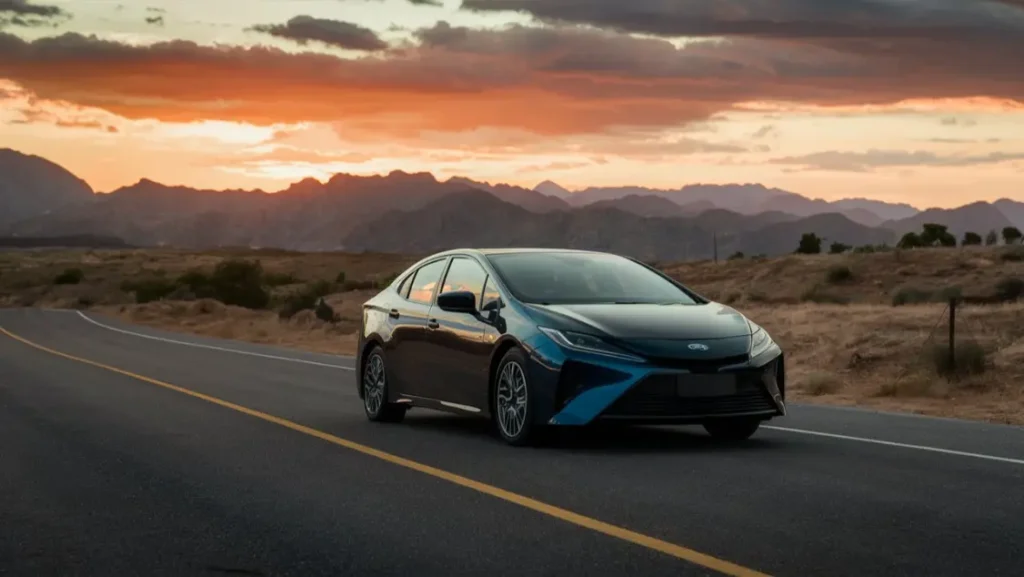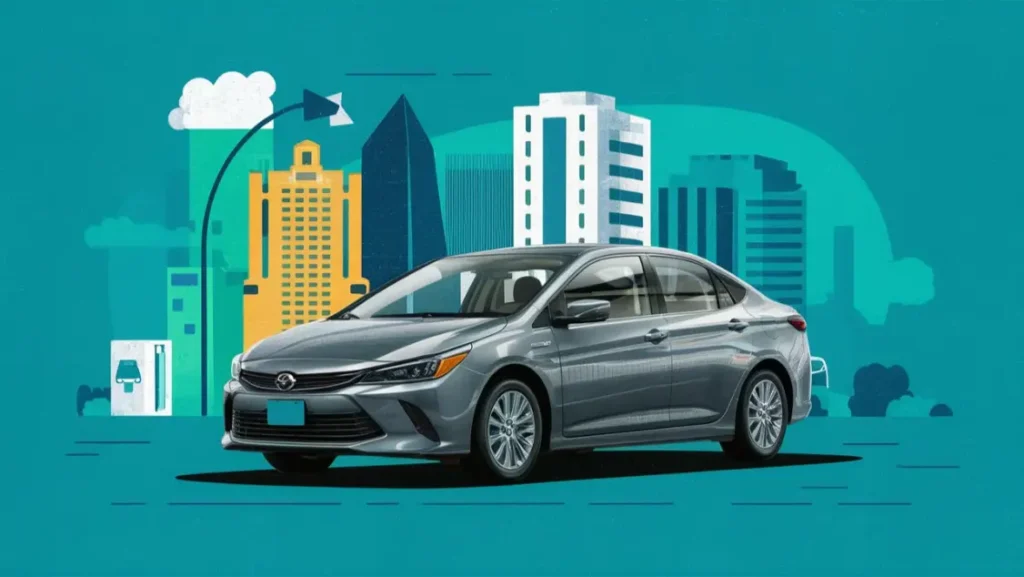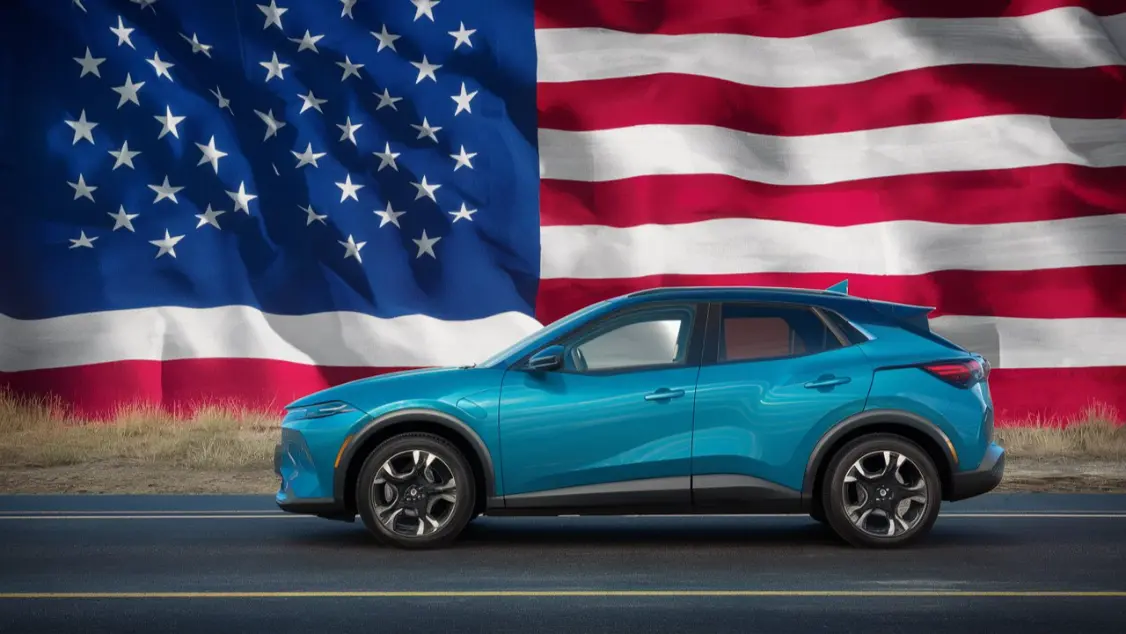Here’s Why Hybrids Are Beating EVs In The USA
- Range Anxiety: People are worried about being stranded if their EV battery runs out. Hybrids don’t have this problem.
- Charging Infrastructure: There aren’t enough charging stations everywhere yet, so refilling an EV can be inconvenient. Filling up a hybrid with gas is quick and easy.
- Lower Cost: Hybrids are generally cheaper than EVs to buy.
- Familiarity: People are used to gasoline-powered cars, and hybrids are similar. EVs are a newer technology so some people might be hesitant.

Market Analysis
- As of 2024, hybrids hold a larger market share in the U.S. than EVs.
- Hybrids accounted for approximately 5.2% of new car sales, compared to 3.6% for EVs.
- Key players in the hybrid market include Toyota, Honda, and Ford, while Tesla, Chevrolet, and Nissan dominate the EV sector.
- Sales trends indicate that while EVs are gaining ground, hybrids remain more popular due to several factors that we will explore in this article.

FAQs
What are the main differences between hybrids and EVs?
Hybrids combine an internal combustion engine with an electric motor, while EVs rely solely on electric power. Hybrids can switch between or combine the two power sources, offering greater flexibility.
Why are hybrids more popular than EVs in the U.S.?
Hybrids offer a longer driving range and easier refueling compared to EVs. They also have a lower initial purchase price and fewer maintenance requirements, making them more attractive to a broader range of consumers.
How do hybrids and EVs compare in terms of cost?
Hybrids generally have a lower initial purchase price and offer significant fuel savings over time. EVs, while more expensive upfront, can also provide long-term savings through lower fuel and maintenance costs.
Are hybrids or EVs better for the environment?
Both hybrids and EVs offer environmental benefits over traditional gasoline vehicles. Hybrids reduce emissions by combining electric and gasoline power, while EVs produce zero tailpipe emissions. However, the environmental impact of battery production and disposal must also be considered.
What incentives are available for hybrid and EV buyers?
Federal and state incentives for hybrids and EVs include tax credits, rebates, and access to carpool lanes. These incentives vary by location and can significantly reduce the cost of purchasing a hybrid or EV.




